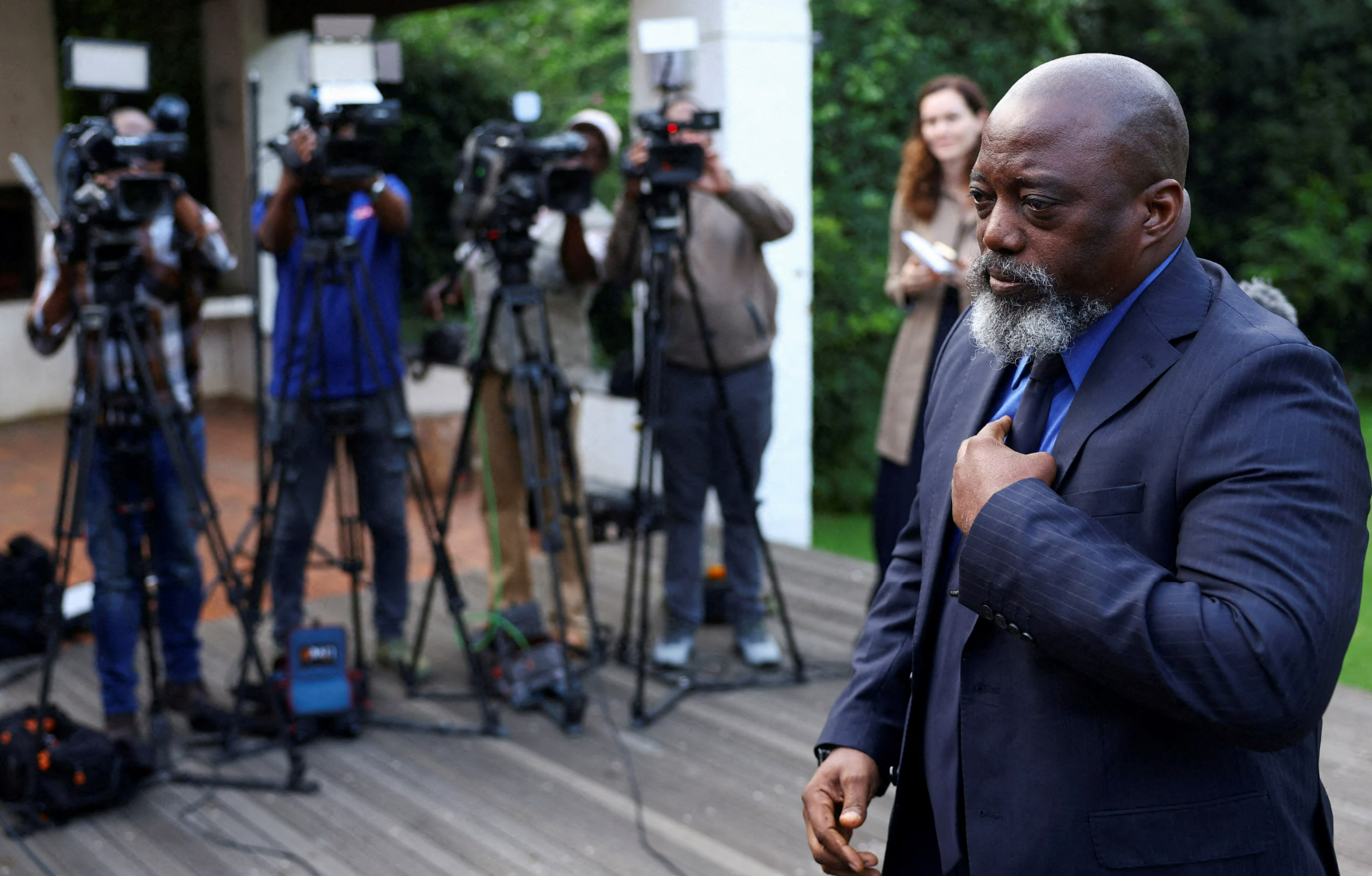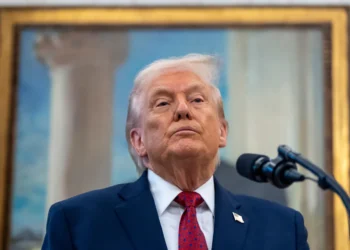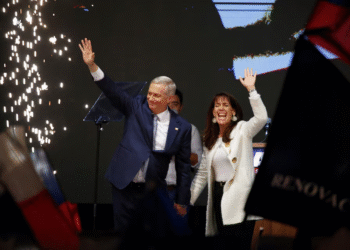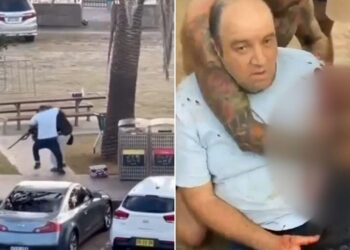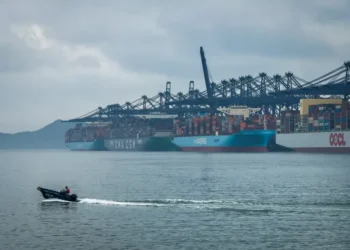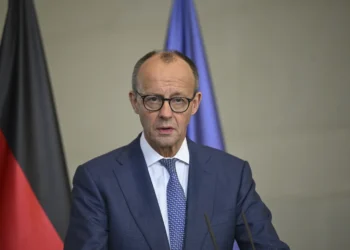KINSHASA (Realist English). Authorities in the Democratic Republic of the Congo have suspended the activities of the People’s Party for Reconstruction and Democracy (PPRD), founded by former president Joseph Kabila, citing alleged ties to the M23 rebel group. The decision was announced by the Congolese Ministry of the Interior and reported by Al Jazeera.
The ministry said the suspension was imposed “in the interest of national security,” and that there is “compelling evidence” of contacts between PPRD members and M23 commanders. The rebel group operates in eastern Congo and has been engaged in intense fighting with government forces.
The PPRD has denied the allegations, accusing the government of launching a politically motivated crackdown ahead of the upcoming elections. Joseph Kabila, who ruled the country from 2001 to 2019, has not yet publicly responded.
M23 — short for the March 23 Movement — emerged in 2012 from former fighters of the CNDP, a previous Tutsi-dominated rebel faction. The name refers to a 2009 peace agreement that the rebels say the government violated. In 2012, M23 briefly captured Goma, the capital of North Kivu province, before being pushed back by the Congolese army and UN forces. Since 2021, the group has resurged, accusing the government of targeting Tutsi communities and failing to uphold past commitments. Rwanda has been repeatedly accused of backing M23 — a charge Kigali denies.
The move against Kabila’s party could reshape Congo’s political landscape. It also raises concerns that the government of Félix Tshisekedi may be using the security crisis as a pretext to marginalize rivals and consolidate power.
Banning the party of a former head of state marks a significant escalation in Congolese politics. While the threat of M23 is real, weaponizing that threat against political opponents risks further destabilizing a country already mired in conflict. In regions scarred by ethnic violence and broken peace deals, such tactics may provoke more unrest — not less.


